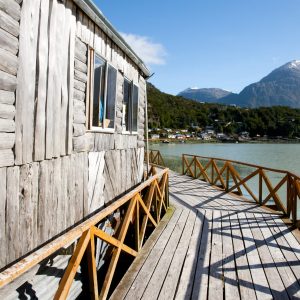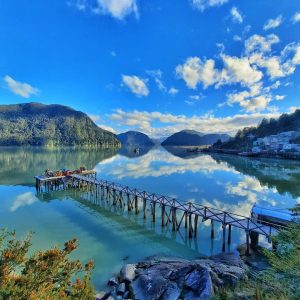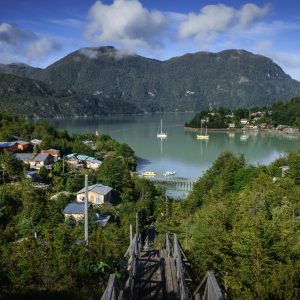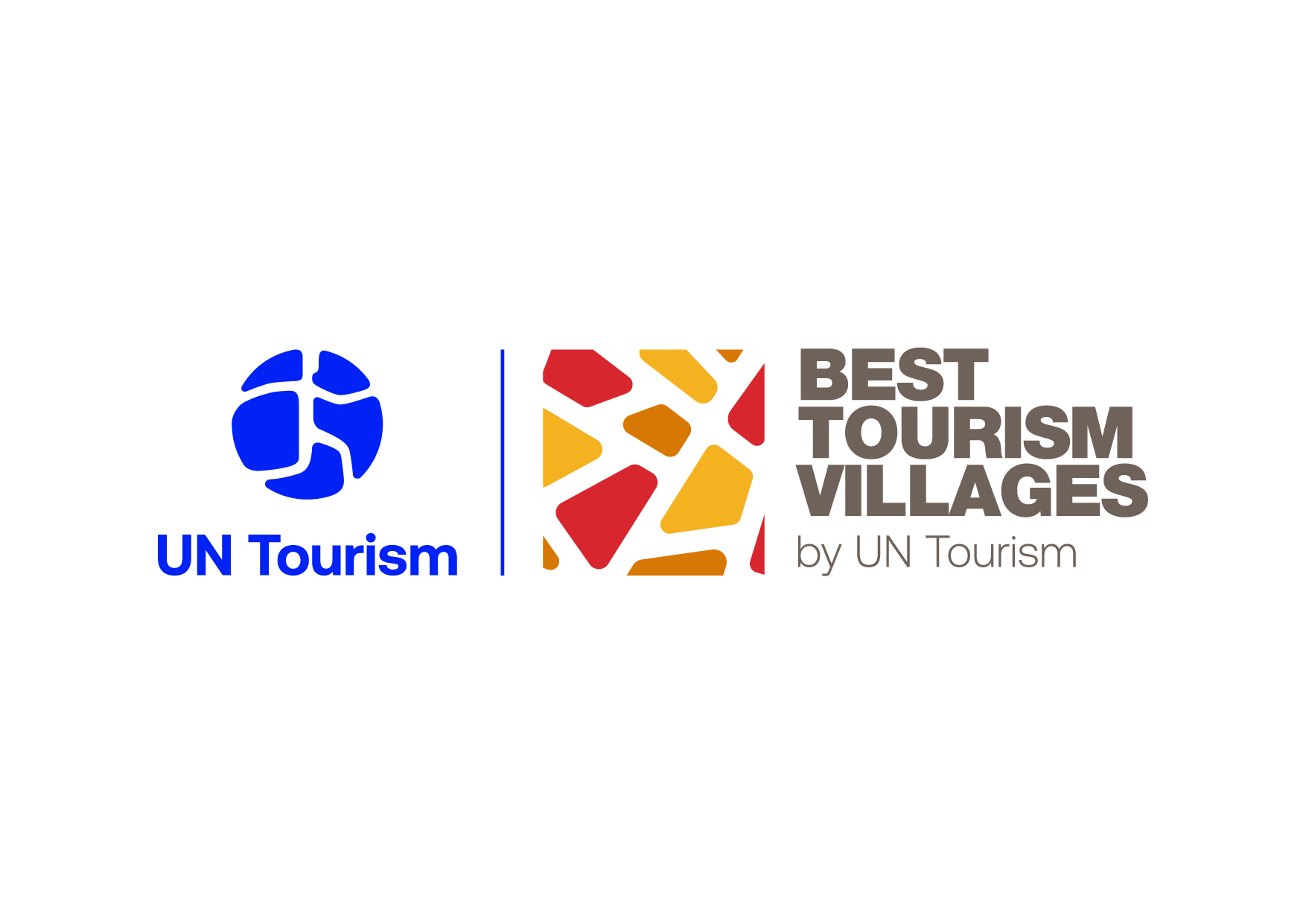Nestled within Chile’s XI region, sandwiched between the Northern and Southern Ice Fields, lies Caleta Tortel—a historic timber port that proudly upholds its cherished traditions. It stands out with its charming boardwalks and quaint structures predominantly constructed from Guaitecas Cypress wood. According to the 2017 census, this delightful locale is home to a population of 523 residents.
The allure of Caleta Tortel was officially recognized in 2001 when the National Monuments Council bestowed upon it the title of a “Typical and Picturesque Zone.” Alongside this recognition, the Island of the Deceased also received the honorable distinction of being declared a Historical Monument. Interestingly, within the broader commune, an impressive 81% of the land is designated as protected wilderness areas by the state.
Embarking on a journey of rural and experiential tourism in the picturesque Tortel Commune provides a unique opportunity to celebrate the heritage of timberwork through engaging activities. Visitors can explore the winding branches of the Baker River on guided rowboat excursions led by knowledgeable pioneer families. Witnessing captivating demonstrations of traditional Guaitecas Cypress raft construction, an art deeply ingrained in the local culture, offers a distinctive cultural experience.
An immersive dive into the world of beekeeping, with hands-on experiences guided by friendly locals, unveils the intricacies of beekeeping and provides valuable insights. Lastly, savoring culinary adventures featuring delectable dishes crafted from fresh, seasonal vegetables and fruits promises a memorable gastronomic journey.
Experience the magic of Caleta Tortel—a destination where tradition, nature, and culinary delights come together to create cherished memories in the realm of rural tourism.
HIGHLIGHTS
-

Caleta Tortel: a Timber Tale
Tourism in Caleta Tortel revolves around the village’s primary resource: timber. Accommodations are constructed using local timber, in harmony with the environment. Some carpenters and shingle makers have opened their workshops to teach the construction of traditional rivercraft and shingles that contribute to the architectural identity of the cove. Tour guides offer rowboat excursions, preserving the traditions of bygone eras when locals travelled between fjords, channels, and their famous rivers like the Baker. The “Timber Festival” takes place during the first week of February each year, featuring local artists, artisans, and timber workers, culminating in a community dance. These experiences allow visitors to understand the origin of Caleta Tortel, which was built through the efforts of those who, instead of seeing a challenge in the geomorphology of the area, created a community deeply connected with nature.
-

Empowering Rural Women: The PRODEMU Foundation and Indap Partnership
The PRODEMU Foundation, in partnership with the Institute of Agricultural Development (Indap), carries out the Rural Women Program. This program supports groups of rural women in the development and strengthening of their productive units. With a duration of up to three years, this program provides participants with training in personal empowerment, organizational development, project management, and technical training related to their field. Additionally, it includes financial support over the course of three years to drive various initiatives. It’s worth noting that within the formalized tourism sector, women make up 69.2% of the workforce.
-

A collaborative focus on arts
Caleta Tortel boasts a cultural consortium comprising musicians, artists, and artisans who collaboratively work on formulating initiatives that are participatory and inclusive. To facilitate this, active participation in the community artistic committee is encouraged, with a primary focus on grassroots cultural organizations. Some of the projects initiated by this consortium include:
“Transmission of Skills and Trades: ‘Hands that Transmit Heritage'” – Funded by the Ministry of Culture, Arts, and Heritage.
“The Journey of Violeta” Exhibition: A museographic display at the House of Culture in collaboration with the Violeta Parra Museum, funded by the Ministry of Culture, Arts, and Heritage.

